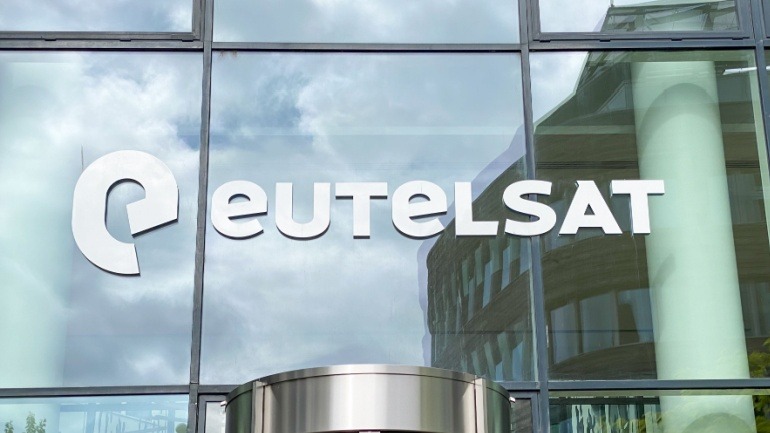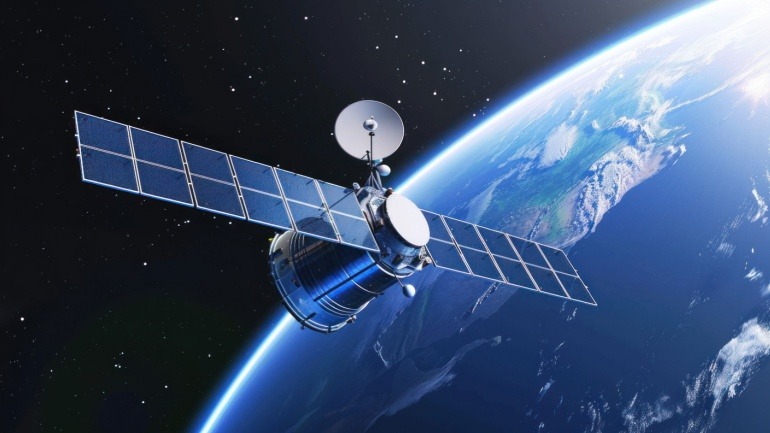France has struck a major deal with Eutelsat to boost military satellite communications using OneWeb’s LEO constellation. The agreement supports urgent defense needs ahead of Europe’s IRIS2 system and could raise France’s stake in Eutelsat to 30 percent.
Orange has partnered with Eutelsat to enhance satellite connectivity for its enterprise and government clients. By integrating low earth orbit technology with its existing network, Orange aims to deliver more resilient and secure services in even the most remote regions.
Eutelsat has named former Orange CEO Jean François Fallacher as its new Chief Executive Officer, marking a strategic push into the telecom sector. With global experience and a strong track record, Fallacher steps in as Eutelsat finalizes its OneWeb merger and deepens involvement in Europe’s IRIS² initiative for space autonomy.
Eutelsat Group, MediaTek, and Airbus Defence and Space have successfully trialed 5G Non-Terrestrial Networks (NTN) using low Earth orbit (LEO) satellites. This milestone paves the way for seamless satellite and terrestrial network integration, expanding global 5G accessibility.
Intelsat has announced the expansion of its partnership with Eutelsat through a significant $500 million agreement over seven years, aiming to capitalize on the burgeoning opportunities in the multi-orbit space sector. This collaboration will integrate Eutelsat’s OneWeb Low Earth Orbit (LEO) network, which it has owned for six months, with Intelsat’s existing geostationary orbit (GEO) and terrestrial networks. The goal is to enhance the range of services Intelsat can offer by leveraging these combined space assets.
Voice of Eutelsat’s CEO Eva Berneke for satellite connectivity competition crystalizes among customers’ cry for variety. Merging with UK’s low-Earth orbit firm, OneWeb, has catalyzed Eutelsat’s evolution as a fusion of GEO and LEO capabilities. This major leap signifies a stride in service offerings, blending Eutelsat’s superior GEO satellites with OneWeb’s timely LEO constellation, aiming for a global reach by year-end.
Starlink has secured approval to provide satellite broadband in India, entering a competitive field with Airtel and Jio. Backed by a key license, it must meet strict local data and infrastructure rules before launch. With trial spectrum rights expected soon, Starlink prepares to help bridge connectivity gaps in underserved regions.
The European Commission is set to approve a €2.8 billion merger between SES and Intelsat, aiming to strengthen Europe’s satellite independence. Though not a direct rival to Starlink, the combined entity will leverage GEO, MEO, and LEO assets to expand coverage and support EU initiatives like IRIS2.
Deutsche Telekom is investing in the EU’s IRIS2 satellite project to build a cutting-edge multi-orbital communication constellation. This initiative will enhance Europe’s digital infrastructure, reinforcing technological sovereignty with advanced IT, secure networks, and 5G.
India has introduced strict satellite communication regulations to bolster national security and attract global players. Key mandates include data localization, domestic infrastructure sourcing, and compliance with GPS alternatives. Giants like Starlink and OneWeb must align with these rules as India asserts control over its fast-growing satcom and satellite IoT sectors.













